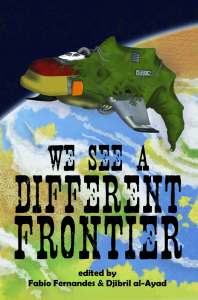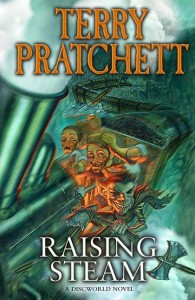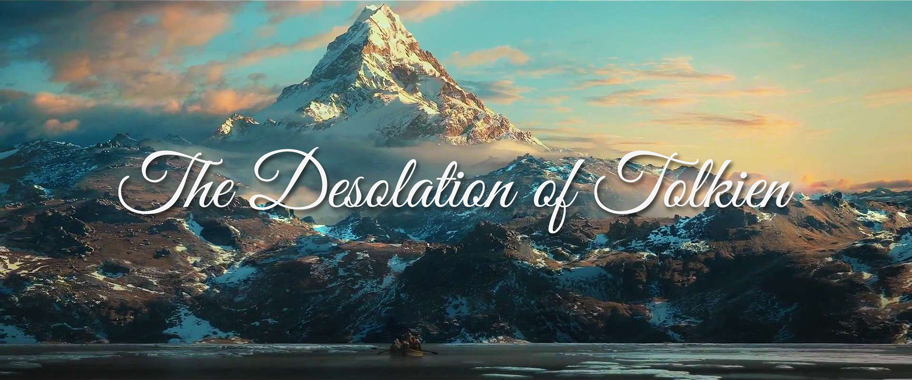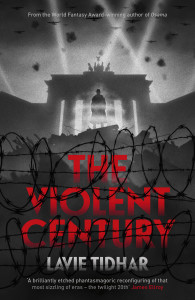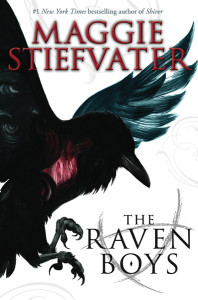
Set in Henrietta, Virginia, Maggie Stiefvater’s The Raven Boys exhibits characteristics of the “southern novel”, a form I associate strongly with Tom Wolfe or Harper Lee. Novels of the American South tend to focus on the gross inequalities that exist there, often couched in racial terms, but also the nature of inherited wealth juxtaposed with the lack of opportunity that exists in the more urban centers. In the case of The Raven Boys, Stiefvater creates that paradigm between Blue Sargent, daughter to a poor, but comfortable, and exceedingly proficient psychic, and four boys from Aglionby, a feeder high school for the Ivy League.
The Raven Boys is an examination of the power dynamics between people.
For all her life, Blue has been warned that Aglionby boys are trouble. They’re rich and live by a code that means the rules don’t apply to them. These Aglionby boys–Gansey, Adam, Ronan, and Noah–would be no different, except they can’t accept the lives they’ve been given. They want something more, for themselves and for each other. Bound up in a brotherhood dedicated to uncovering a measure of magic in the world, the boys come to Blue and her family for help. While the story is a quest, the novel is hardly about it at all. Not just about the unequal nature of the American South, The Raven Boys is an examination of the power dynamics between people. The power we give to others over us, and the power we reserve for ourselves. In other words, it’s a novel of character and the connections that bind them together. Read More »
